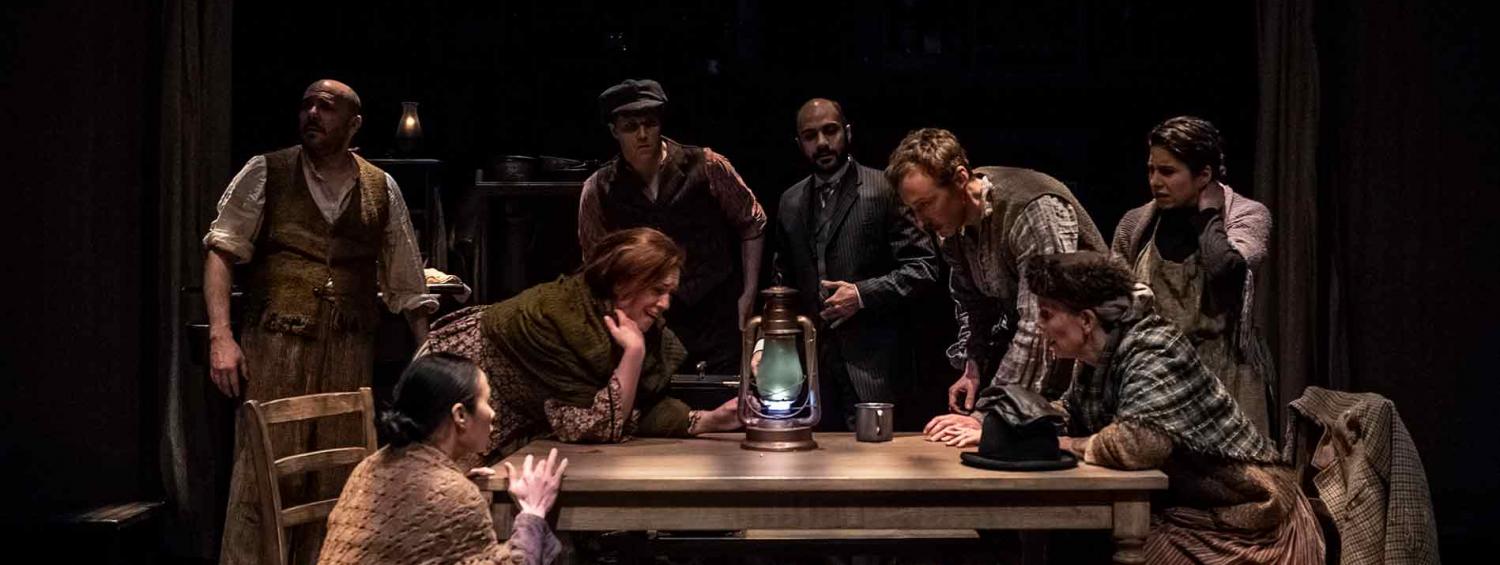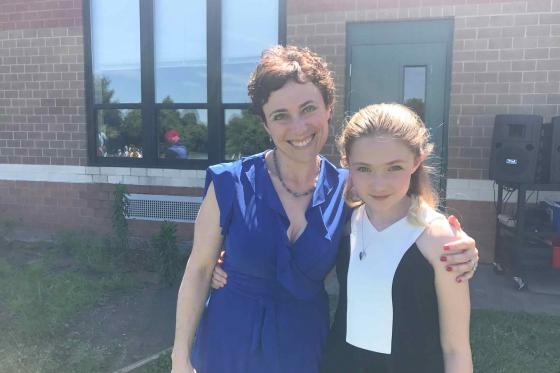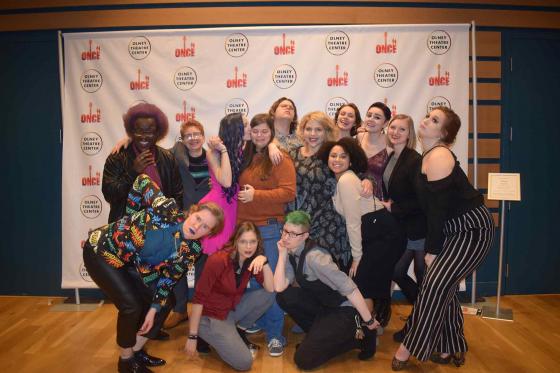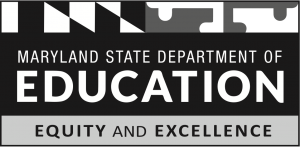Carlyn Aquiline is a dramaturg, editor, and educator who currently lives in Pittsburgh, Pennsylvania where she works as a freelance dramaturg and teaches at Carnegie Mellon University. Carlyn has served as a production dramaturg on many classical and contemporary works, and has extensive experience as a new work dramaturg.
We were incredibly lucky to bring in Carlyn to serve as dramaturg for the U.S. premiere of Ella Hickson's Oil, a new play that traces the relationship between a mother and her daughter while spanning over a century and a half of the oil industry— from 1889 to 2051. As you can probably guess, Oil is no small challenge for a dramaturg. So be sure to come see Carlyn's work before the play closes at the end of the month. As Olney's dramaturgy apprentice, I can say that it has been an absolute pleasure to work alongside Carlyn. She is amazing at what she does, and she is a gracious teacher. Please enjoy this brief interview with Carlyn:
How did you get into dramaturgy?
My path to dramaturgy was fairly straightforward. I became aware as I studied for a master’s degree in theatre history that dramaturgy would encompass many of my interests—theatre history, playwriting, artistic research and commentary, collaboration in the actual art of making theatre. So I proceeded to get an MFA in dramaturgy, which included opportunities to do production dramaturgy on classical and established plays as well as new play dramaturgy with playwrights. On staff at several theatres, I have continued to do both production and new play dramaturgy, as well as literary management (the administrative aspect of dramaturgy), producing, and theatre education, but much of my focus has been on new work development.
What is unique about new play dramaturgy?
Having the dual perspective of a collaborator and an observer into the intricate, and at times fragile, process of a new work’s genesis and evolution. What a privilege to work with playwrights at all levels in the nucleus of their creative process, as the life force of the play (and the future of the American theatre) is written and refined through rewrites. That process is idiosyncratic, not just for each playwright, but for each new play, which means that every process is a new inquiry into the craft of playwriting itself. We have to learn anew with each work how to collaborate on and support the creation of this particular play. That’s why new play development is playwright development as well, and dramaturg development with it. Some of the questions and aims are the same: Shaping the development process to the writer’s needs and goals. Letting the play itself guide the investigation and questions. Examining the choices of the playwright through consecutive drafts, and tracking the consequences of those choices. Questions are central to the dramaturgical process—questions we ask of our collaborators and they ask of us; questions we ask of ourselves and our experience of the play as it evolves; questions we ask of the play; and questions the play asks of us.
How do you know Tracy Brigden (Oil Director)? What other projects have you collaborated on?
Tracy and I have collaborated on too many projects—productions, programming, commissions, festivals—to name here! We collaborated on everything that was produced by City Theatre (Pittsburgh) in our roles as artistic director and dramaturg there until a few years ago. (Neither of us is on staff there any longer—we both now freelance.) The most recent productions we’ve worked on together include Disgraced by Ayad Akhtar, Outside Mullingar by John Patrick Shanley, and Vanya and Sonia and Masha and Spike by Christopher Durang. City Theatre is a new works company so we’ve also worked together on the development and production of numerous new plays and musicals by playwrights including Roberto Aguirre-Sacasa, Steven Dietz, Madeleine George, David Greig, Jeffrey Hatcher, Michael Hollinger, Adam Rapp, and Keith Reddin, to name a few.
What has been exciting and/or challenging about your work on Oil?
Oil’s scope, theatricality, big ideas, style, structure, patterns, storytelling, historical and political context—everything about it offered compelling questions and avenues for investigation. To me, dramaturgy is an exploration of how dramatic stories are constructed, of how plays work theatrically in real space and time, and of the context in which the play lives. Oil offered continual discoveries in all of those realms, and in its “big picture” meaning(s) created from the synthesis of its parts.
What advice would you give to early career dramaturgs?
Listen. Ask questions. Dramaturgy is about opening up possibilities, not limiting them. Continually touch base with your own artistic mission—the purpose behind what you do, and why it matters. Observe the process of artists you admire. Form relationships that challenge you. Strive to be a polymath and a life-long learner. Challenge received wisdom. Remember good ideas can come from anyone and anywhere. Check your ego—but be confident of the value of your voice and perspective in the process. Don’t hesitate to say “I don’t know” and follow up with “but I’ll find out.” Be rigorous. Generosity, intuition, and a sense of humor are essential to a successful collaboration. Look outward to the world to remain a fully rounded, informed, and inquisitive human being.







